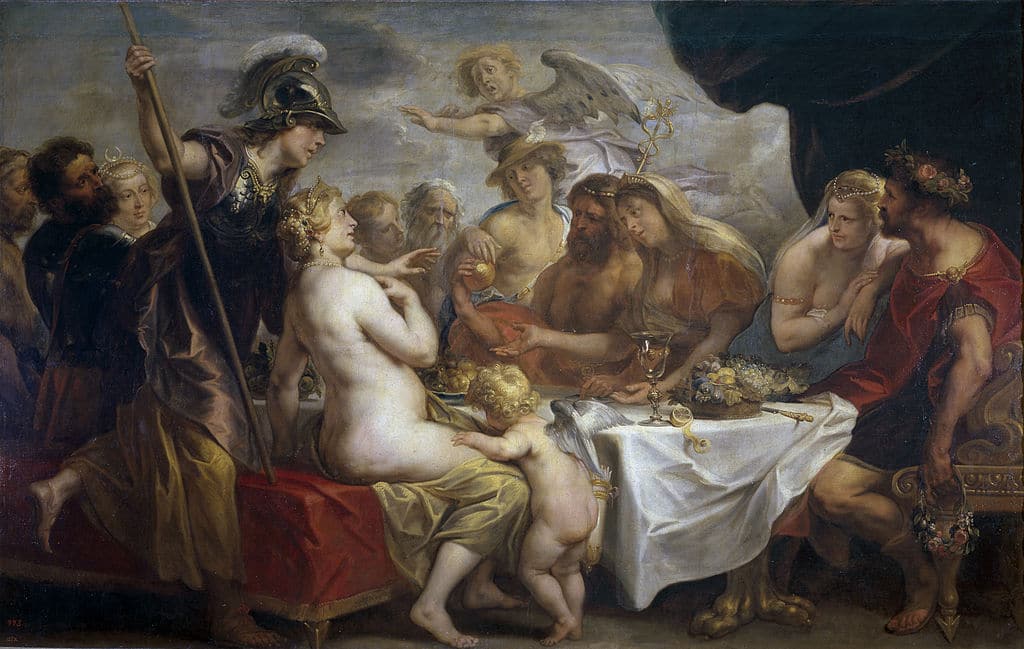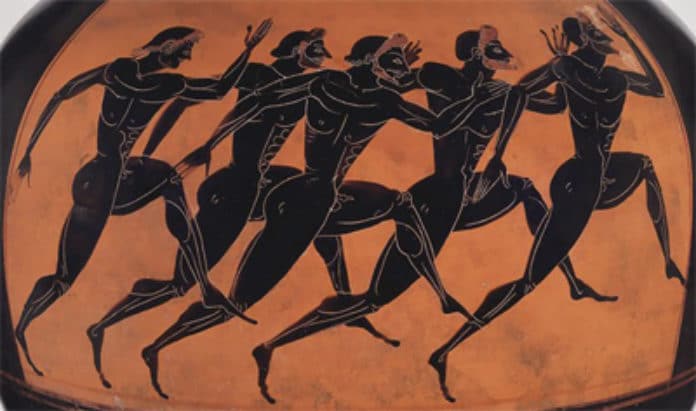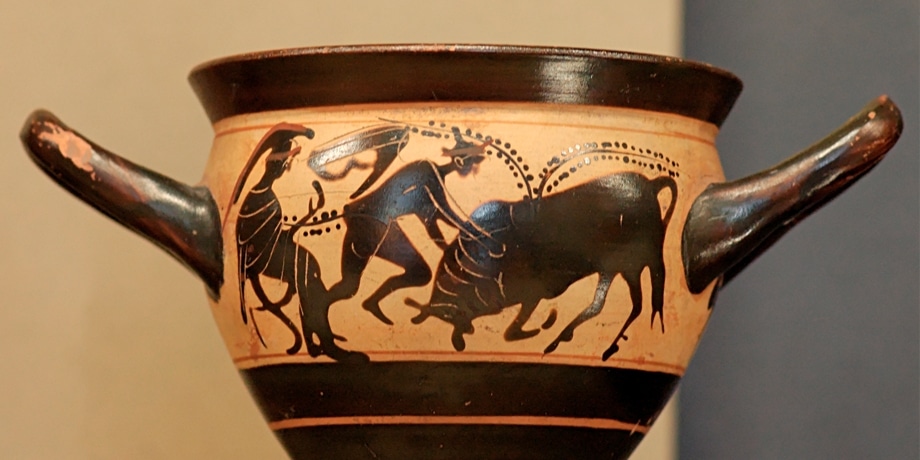DepthReading
Some of the Weirdest Ancient Greek Customs
Undoubtedly, Ancient Greece was a fascinating civilization in the history of mankind; in the modern world there are influences left by the Ancient Greeks everywhere in art, language, architecture, literature, philosophy and even customs.
But today we don’t practice many of those customs that they had in Ancient Greece — or do we? Here are some of the weirdest customs that the ancient Greeks practiced.
You don’t want to be unfaithful in Ancient Greece!
Infidelity was a crime punished and frowned upon according to ancient Greek customs, so for both men and women who were accused and found guilty of infidelity, one of the punishments applied to them was to insert a peeled ginger root in the anus or vagina; this caused an intolerable burning sensation and pain in the intimate parts of the unfaithful.
You should think twice before cheating on your partner!
When you died you carried money with you by Ancient Greek custom
In Greek mythology Hades had a ferryman named Charon, whom you had to pay so that he could transport you to the other side of the Acheron river; if you couldn’t pay then you had to wander along the riverbank for a hundred years.
That’s why the Ancient Greeks buried the body of their dead with a coin under their tongue, so when they arrived at the river they could pay Charon and cross over.
The apple of discord… and love
In Greek mythology, the goddess of discord, Eris, angry at not having been invited to the wedding of Peleus and Thetis, threw a golden apple with the inscription “to the most beautiful” to cause a disruption. Three goddesses claimed the apple: Hera, Athena and Aphrodite.
Paris of Troy was appointed to choose the lucky one, awarding the apple to Aphrodite, and the discord began. This is what caused (indirectly) the Trojan War.
Since then the apple has been the symbol of Aphrodite. Thus, the ancient Greeks began to throw apples to their suitors as a token of love; capturing the apple was a way of demonstrating reciprocal love.
Running in Ancient Greece
In Ancient Greece, athletes used to go to the gymnasium naked, and they ran for long distances without clothes. But this isn’t the strangest part of it — it turns out that at the end of their routines, athletes sold their sweat!
Just as you just read, it was customary for the Ancient Greeks to buy the sweat emitted by the naked bodies of athletes, as it was believed to relieve muscle aches and headaches.
Sacrifices everywhere
Another custom among Ancient Greeks was the religious rituals; sacrifices signified the solidarity and communion between humanity and divinity; but it also demonstrated the difference of the natural world and the divine world. The sacrifice, or offering, was the heart of the ritual — that is, the center or the most important part of the whole process by Ancient Greece customs.
Sacrifices could be offered individually or in community, and they were allowed to be made in different places or in sacred temples. In the sanctuaries the ones who sacrificed were the priests, but it could also be the father of the family, or another person who was expert in these practices.
The animals that were sacrificed could be goats, lambs, pigs or chickens, the latter being the most modest offering, or an ox, which was the most prestigious.
For many years the Ancient Greeks sacrificed thousands of animals for the favor and blessing of the gods; do you know what would happen if we did this now? Exactly!
The unmentionable
For Ancient Greeks naming someone “Erostratus” was a forbidden custom.
Erostratus was a Greek shepherd who set fire to and destroyed the temple of Artemis in Ephesus, now considered one of the seven wonders of the ancient world. When his confession was extracted under torture, this man said that his only intention was to achieve fame.
Upon learning of Erostratus’ intentions, was forbidden on pain of death to mention his name or register future generations with that name.
Category: English
DepthReading
Key words:






